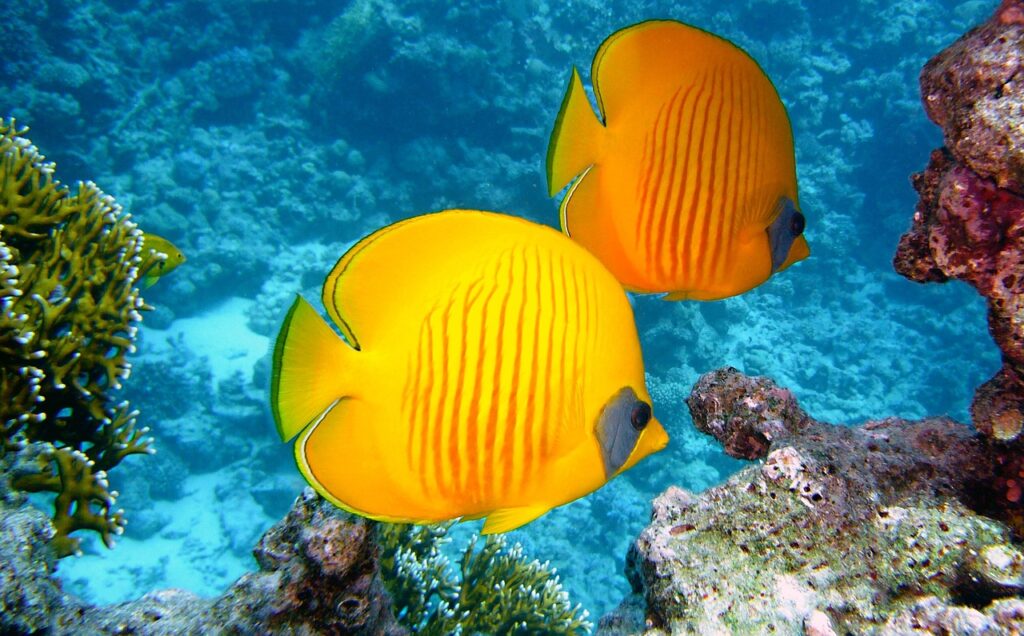
The world’s aquatic ecosystems are facing an unprecedented extinction crisis, with fish species disappearing at an alarming rate due to a combination of human activities and environmental factors. The decline of fish populations not only threatens marine biodiversity but also poses significant challenges to global food security and ecological balance.
Causes of Fish Extinction
Impact on Ecosystems and Humans
The extinction of fish species has far-reaching consequences for marine and freshwater ecosystems:
Conservation Efforts
To address the crisis of fish extinction, urgent conservation measures are needed:
In conclusion, urgent action is needed to address the extinction crisis facing fish species worldwide. By adopting sustainable practices and prioritizing habitat conservation and pollution reduction, we can work towards preserving marine biodiversity and ensuring the health and resilience of aquatic ecosystems for future generations.